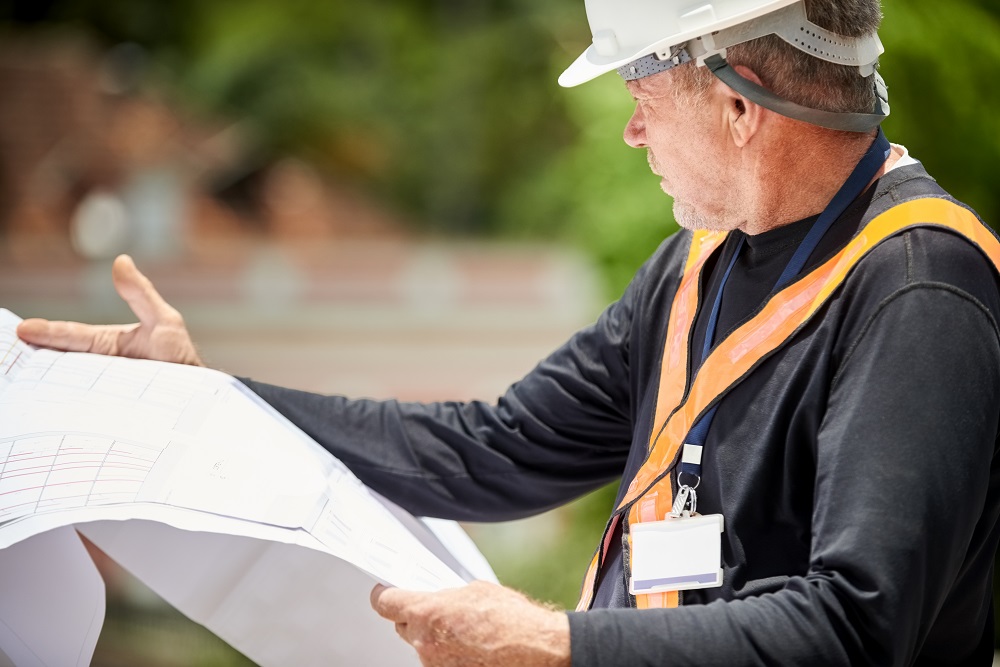In any construction project, maintaining high standards of quality and ensuring compliance with regulations are paramount. The construction manager plays a crucial role in achieving these objectives. From overseeing daily operations to ensuring that every aspect of the project adheres to local building codes, a construction manager is the backbone of successful construction projects. In this article, we will explore the essential role of a construction manager in ensuring quality and compliance. Find out the role of a construction manager in ensuring quality and compliance. Get the facts from a construction manager consultant here.
Understanding the Responsibilities of a Construction Manager
Overseeing the Entire Project
A construction manager is responsible for overseeing the entire construction project. This involves managing every phase, from the initial planning stage to the final completion. Their role is to ensure that the project is executed according to the agreed-upon specifications, budget, and timeline.
During the planning phase, they work closely with architects, engineers, and other stakeholders to develop a comprehensive project plan. This plan includes detailed schedules, budgets, and quality standards. Throughout the construction process, the manager monitors progress, coordinates with the construction team, and ensures that the work aligns with the project plan.
Managing Resources and Teams
Resource management is another critical responsibility of a construction manager. They are tasked with managing both human and material resources. This includes hiring skilled workers, sourcing materials, and ensuring that the construction team has everything they need to complete their tasks efficiently.
Moreover, they are responsible for the performance of the construction team. They ensure that all team members understand their roles and responsibilities. By fostering effective communication and collaboration among the team, the construction manager ensures that the project runs smoothly and meets the desired quality standards. Get help from a construction manager consultant.
Ensuring Quality in Construction
Implementing Quality Control Processes
Quality control is a central aspect of a construction manager’s role. They establish and implement quality control processes to ensure that all work meets the required standards. This involves regular inspections and evaluations of the construction work at various stages.
During these inspections, the construction manager checks that the materials used are of high quality and that the work is being carried out according to the specifications. If any issues are identified, they take immediate action to rectify them. This proactive approach helps prevent defects and ensures that the final outcome is of the highest quality.
Adhering to Industry Standards and Best Practices
A construction manager must ensure that the project adheres to industry standards and best practices. They stay updated on the latest construction techniques, materials, and technologies. By incorporating these into the project, they ensure that the work is not only up to date but also of superior quality.
In addition, they ensure that the construction processes align with the best practices in the industry. This includes proper site management, waste reduction, and safety protocols. By following these practices, the construction manager ensures that the project is both high-quality and sustainable.
Compliance with Regulations and Building Codes
Navigating Legal Requirements
One of the most critical roles of a construction manager is to ensure that the project complies with all relevant regulations and building codes. This involves navigating a complex web of legal requirements, including zoning laws, safety regulations, and environmental standards.
The construction manager must obtain all necessary permits and ensure that the project adheres to local, state, and federal regulations. Failure to comply with these regulations can result in costly delays, fines, or even the halting of the project. Therefore, the construction manager’s knowledge of these legal requirements is vital to the project’s success.
Conducting Regular Compliance Audits
To ensure ongoing compliance, the construction manager conducts regular audits throughout the project. These audits involve reviewing all aspects of the construction work, from the materials used to the methods employed. The goal is to identify any potential compliance issues early and address them before they become significant problems.
In addition, they work closely with inspectors and regulatory bodies to ensure that the project passes all required inspections. By maintaining open communication with these authorities, the construction manager ensures that the project remains compliant at every stage. Get assistance from a construction manager consultant
Risk Management and Mitigation
Identifying and Addressing Potential Risks
Construction projects are inherently risky, with potential issues ranging from safety hazards to budget overruns. A construction manager’s role is to identify these risks early and develop strategies to mitigate them. This proactive approach to risk management is crucial for ensuring both quality and compliance.
For instance, if there is a risk of a particular material not meeting quality standards, the construction manager will source alternative materials that meet the required specifications. Similarly, if there is a potential compliance issue, they will take steps to address it before it affects the project.
Ensuring Safety Standards
Safety is a top priority in any construction project. The construction manager is responsible for ensuring that all safety standards are met. This includes implementing safety protocols, providing training to the construction team, and ensuring that the site is safe for both workers and visitors.
Regular safety inspections are conducted to identify and address potential hazards. The construction manager also ensures that all safety equipment is used correctly and that the team adheres to safety guidelines. By prioritizing safety, the construction manager not only ensures compliance but also protects the well-being of everyone involved in the project.
The Impact of a Construction Manager on Project Success
Enhancing Project Efficiency
A skilled construction manager can significantly enhance the efficiency of a project. By managing resources effectively, ensuring quality, and maintaining compliance, they keep the project on track. This efficiency leads to timely completion and reduces the likelihood of costly delays.
Ensuring Client Satisfaction
Ultimately, the construction manager plays a crucial role in ensuring client satisfaction. By delivering a high-quality project that meets all regulatory requirements, they ensure that the client’s expectations are met. Their attention to detail and commitment to quality and compliance translate into a successful project that satisfies all stakeholders.
The role of a construction manager in ensuring quality and compliance cannot be overstated. From overseeing the project to implementing quality control measures and ensuring regulatory compliance, they are essential to the success of any construction project. Their expertise, dedication, and proactive approach to managing risks and resources make them invaluable. When you hire a construction manager, you are investing in the success and integrity of your project. Find out the role of a construction manager in ensuring quality and compliance. Get the facts from a construction manager consultant here.


